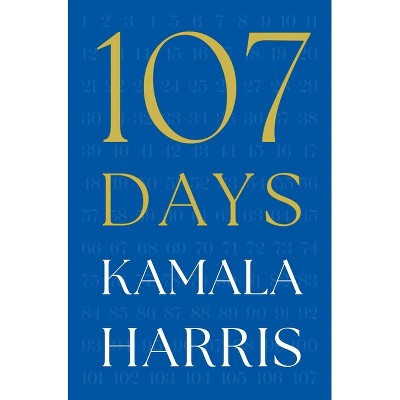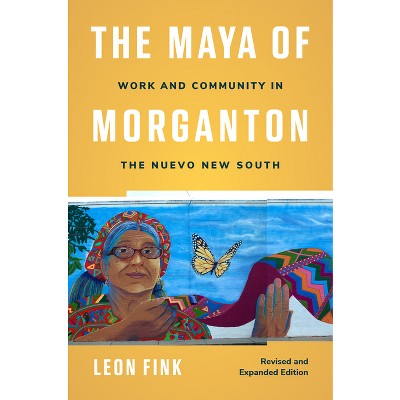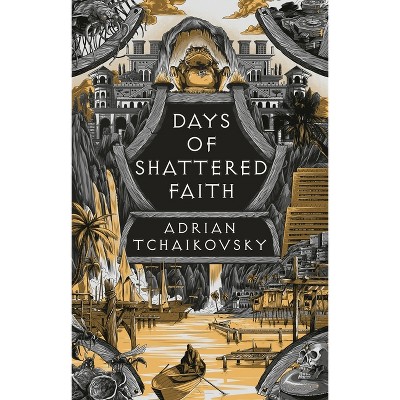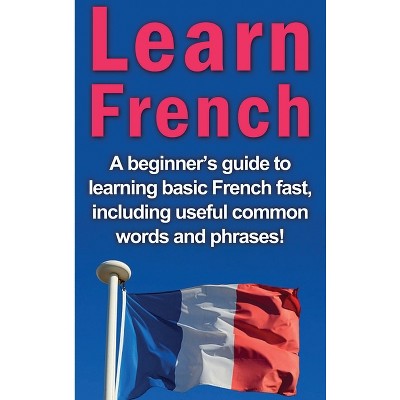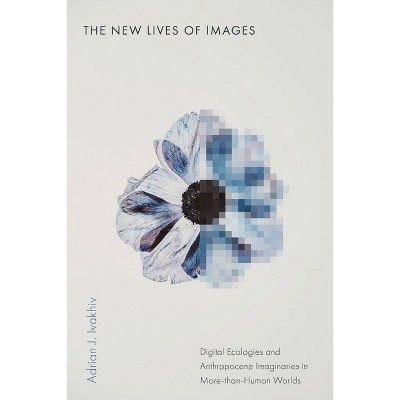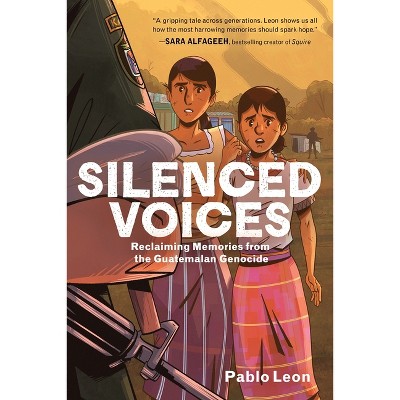About this item
Highlights
- From the late eighteenth century, the hinterlands of Northern Luzon and its Indigenous people were in the crosshairs of imperial and capitalist extraction.
- About the Author: Adrian De Leon is a writer, public historian, and assistant professor of history at New York University.
- 296 Pages
- Political Science, Labor & Industrial Relations
Description
About the Book
"From the late eighteenth century, the hinterlands of Northern Luzon and its Indigenous people were in the crosshairs of imperial and capitalist extraction. Combining the breadth of global history with the intimacy of biography, Adrian De Leon follows the people of Northern Luzon across space and time, advancing a new vision of the United States's Pacific empire that begins with the natives and migrants who were at the heart of colonialism and its everyday undoing. From the emergence of Luzon's eighteenth-century tobacco industry and the Hawaii Sugar Planters' Association's documentation of workers to the movement of people and ideas across the Suez Canal and the stories of Filipino farmworkers in the American West, De Leon traces 'the Filipino' as a racial category emerging from the labor, subjugation, archiving, and resistance of native people"--Book Synopsis
From the late eighteenth century, the hinterlands of Northern Luzon and its Indigenous people were in the crosshairs of imperial and capitalist extraction. Combining the breadth of global history with the intimacy of biography, Adrian De Leon follows the people of Northern Luzon across space and time, advancing a new vision of the United States's Pacific empire that begins with the natives and migrants who were at the heart of colonialism and its everyday undoing. From the emergence of Luzon's eighteenth-century tobacco industry and the Hawaii Sugar Planters' Association's documentation of workers to the movement of people and ideas across the Suez Canal and the stories of Filipino farmworkers in the American West, De Leon traces "the Filipino" as a racial category emerging from the labor, subjugation, archiving, and resistance of native people.
De Leon's imaginatively constructed archive yields a sweeping history that promises to reshape our understanding of race making in the Pacific world.
Review Quotes
"Adrian De Leon's Bundok compellingly shows the long and ongoing history of the US empire by centering Filipino people and places and pursuing radical, decolonial possibilities of history writing. . . . [This book] encourages new generations of scholars to think big, be bold, and craft deeply grounded and situated histories."--H-Diplo
"De Leon's Bundok beautifully weaves Filipino and Filipino-American Histories, so often siloed from each other, into a rich illustration of the transpacific scale through which they were and continue to be made."--American Historical Review
About the Author
Adrian De Leon is a writer, public historian, and assistant professor of history at New York University.

